Does solarization really work?
MiaOKC
10 years ago
Related Stories
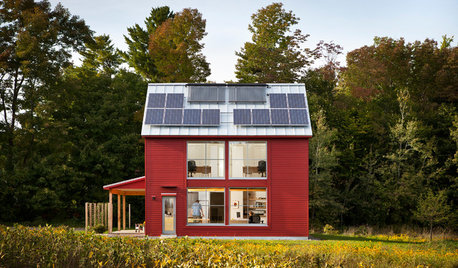
GREEN BUILDINGGoing Solar at Home: Solar Panel Basics
Save money on electricity and reduce your carbon footprint by installing photovoltaic panels. This guide will help you get started
Full Story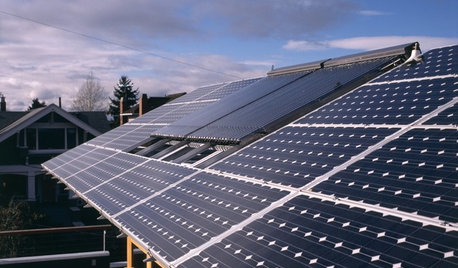
GREEN BUILDINGLet’s Clear Up Some Confusion About Solar Panels
Different panel types do different things. If you want solar energy for your home, get the basics here first
Full Story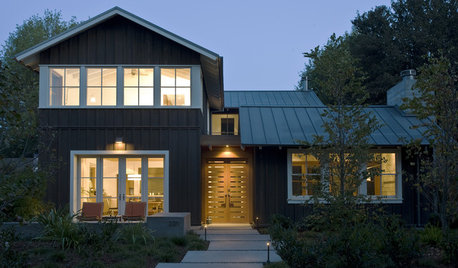
LIGHTINGHow to Choose the Right Solar Lights
Learn about different types of outdoor solar lights, where to use them and why you might want to avoid the bargain bin
Full Story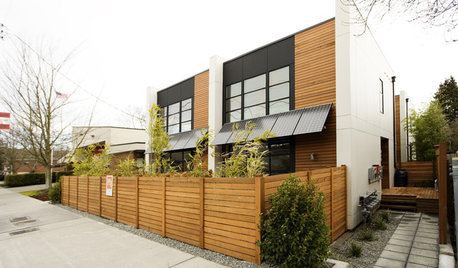
REMODELING GUIDESHigh Design With Solar Panels
Solar panels find new function as elements of smart home design
Full Story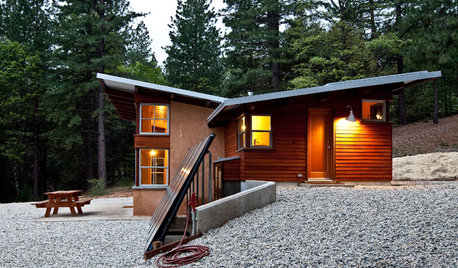
GREAT HOME PROJECTSHow to Add a Solar Water Heater
Lower energy bills without a major renovation by putting the sun to work heating your home’s water
Full Story
GREEN BUILDINGChampioning the Solar House, From the 1930s to Today
Homes throughout history that have used the sun offer ideas for net-zero and passive homes of the present, in a new book by Anthony Denzer
Full Story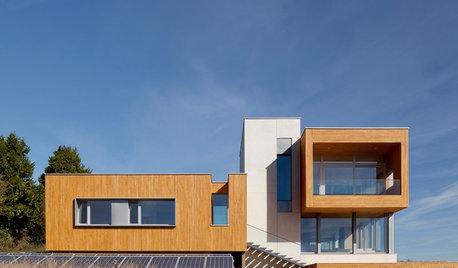
GREEN BUILDINGSunlight Used Right: Modern Home Designs That Harness Solar Power
Embracing passive heating principles through their architecture, siting and more, these homes save energy without skimping on warmth
Full Story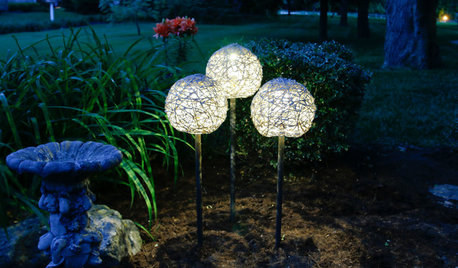
DIY PROJECTSMake a Mod Solar Lamp Trio for the Garden
What’s that hovering ethereally in the dark? A set of cool globe lights showing off your DIY ingenuity
Full Story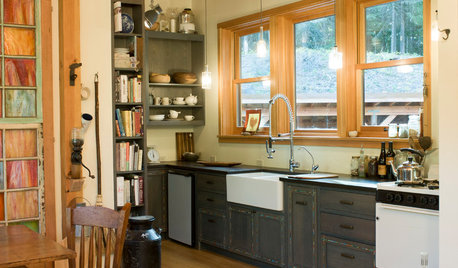
HOUZZ TOURSHouzz Tour: Off the Grid in the Remote Washington Wilderness
Not only does this house run on solar power, but it was built with it too
Full Story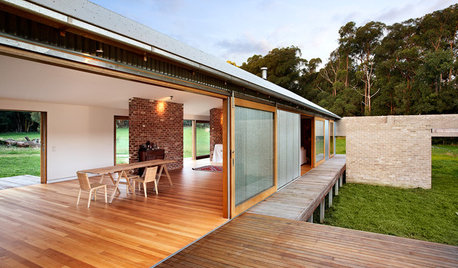
ARCHITECTUREHow Thermal Mass Keeps You Warm and Cool
Passive solar design makes use of this element. Here’s how it works and how you can get it in your home
Full StoryMore Discussions






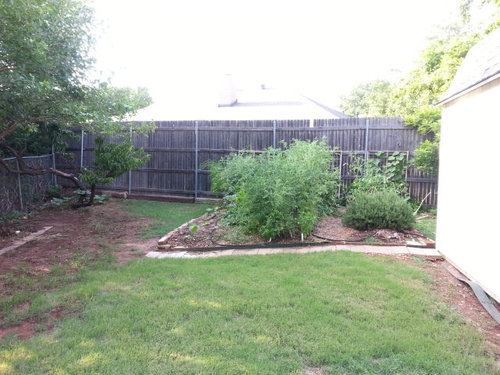

chickencoupe
Okiedawn OK Zone 7
Related Professionals
Ballwin Landscape Architects & Landscape Designers · Horsham Landscape Architects & Landscape Designers · Bergenfield Landscape Contractors · Duarte Landscape Contractors · Inglewood Landscape Contractors · Pleasant Prairie Landscape Contractors · Red Oak Landscape Contractors · Snoqualmie Landscape Contractors · Waterford Landscape Contractors · Oxon Hill Landscape Contractors · Coronado Decks, Patios & Outdoor Enclosures · Lake Morton-Berrydale Decks, Patios & Outdoor Enclosures · Orland Park Decks, Patios & Outdoor Enclosures · Salem Decks, Patios & Outdoor Enclosures · Westminster Decks, Patios & Outdoor Enclosureshelenh
slowpoke_gardener
Lisa_H OK
chickencoupe
MiaOKCOriginal Author
chickencoupe
BrotherBob
GreatPlains1